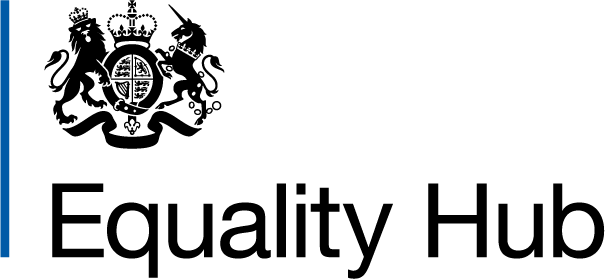On the face of it, the journey for LGBT+ equality in the UK has been a massive success over the last 50 years. Things that would have once been unimaginable – having our identities protected in law, getting married, starting a family, are now enshrined in the rights that all LGBT+ people can finally enjoy across all four nations of the UK.
Such progress should be celebrated and has undoubtedly improved the lives of millions of LGBT+ people, but legislation remains just one part of the journey for true equality. Sadly, research continues to show that LGBT+ people face discrimination, bullying and harassment in many aspects of their daily lives. One in five LGBT+ people have experienced a hate crime in the last twelve months alone, rising to two in five for those who are trans or non-binary and over one third of LGBT+ people still feel too uncomfortable to hold hands in public for fear of experiencing abuse.
Healthcare provision is not immune to discrimination – where 23% of LGBT+ people have witnessed negative remarks about LGBT+ people from a healthcare professional and 14% have avoided care altogether due to fear of discrimination. When asked about their experiences of accessing healthcare, many said they were reluctant to raise issues about their sexuality or gender identity and felt that there was a lack of understanding as to their specific health needs. Overall LGBT+ people have much lower levels of satisfaction with the NHS services they access.
Providing high-quality healthcare to LGBT+ patients means delivering care without prejudice, with an understanding of the specific health needs of the community and with an appreciation for the challenges we may face. At the heart of all this, is the relationship between patient and healthcare professional. This is a relationship where we all need to feel safe and not judged. For LGBT+ people, coming out is a normal part of life, we make decisions on how much of ourselves we share with others on a regular basis, based on our perception of how this information will be received. In the healthcare setting, where 19% of LGBT+ people have never disclosed their sexuality or gender identity, even though this might have a significant impact on the consultation, and potentially missing information that could lead to a more holistic view of a patient’s needs.
Of course, this does not just affect patients, but healthcare professionals too. During the 2019 Pride celebrations, the RCGP became the first medical royal college to join a Pride march anywhere in the UK – a massive achievement to be celebrated. However, whilst much of the festivities focused on the positive, I also met a range of colleagues who were not out at work, having experienced or being fearful of prejudice in the workplace. If you cannot bring your whole self to work, then how can you bring your best self? We all have a responsibility, whether LGBT+ or an ally, to lead a positive change, but how?
We hope that the new e-learning resources, launched today by the RCGP, will be a major step forward. These modules provide a toolkit, co-produced with members of the LGBT+ community offering insights into the current lived experiences of LGBT+ people in the UK today, some of our specific health needs and how you can have a positive impact upon our care and wellbeing. We have worked with a diverse range of stakeholders including grassroots GPs, charities and the Government Equalities Office to put these together and we hope that the time and effort that has gone into their development will allow more people to drive forward positive change.
We hope you enjoy the modules and join us in coming out in proud support of LGBT+ health!

Recent Comments